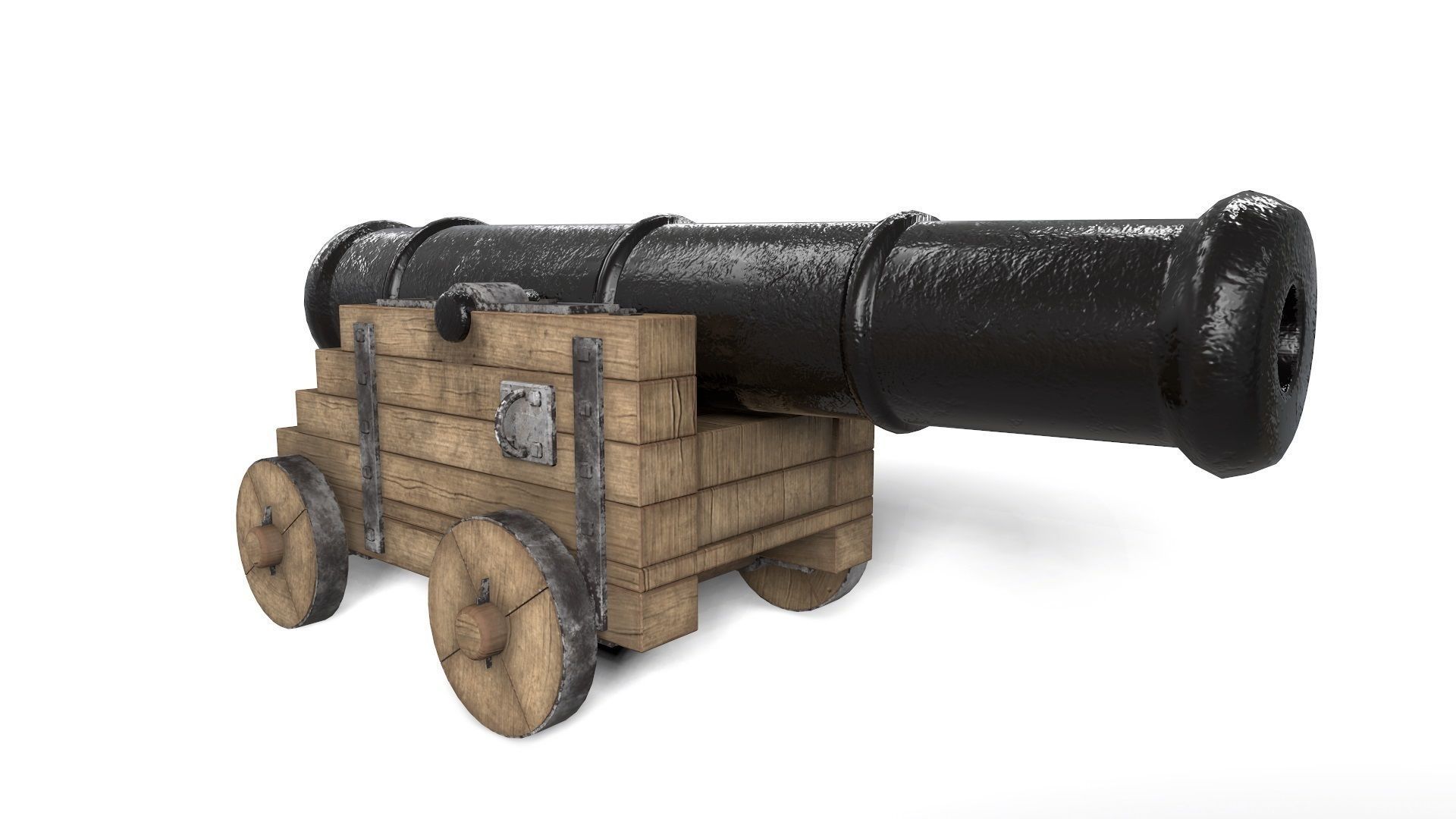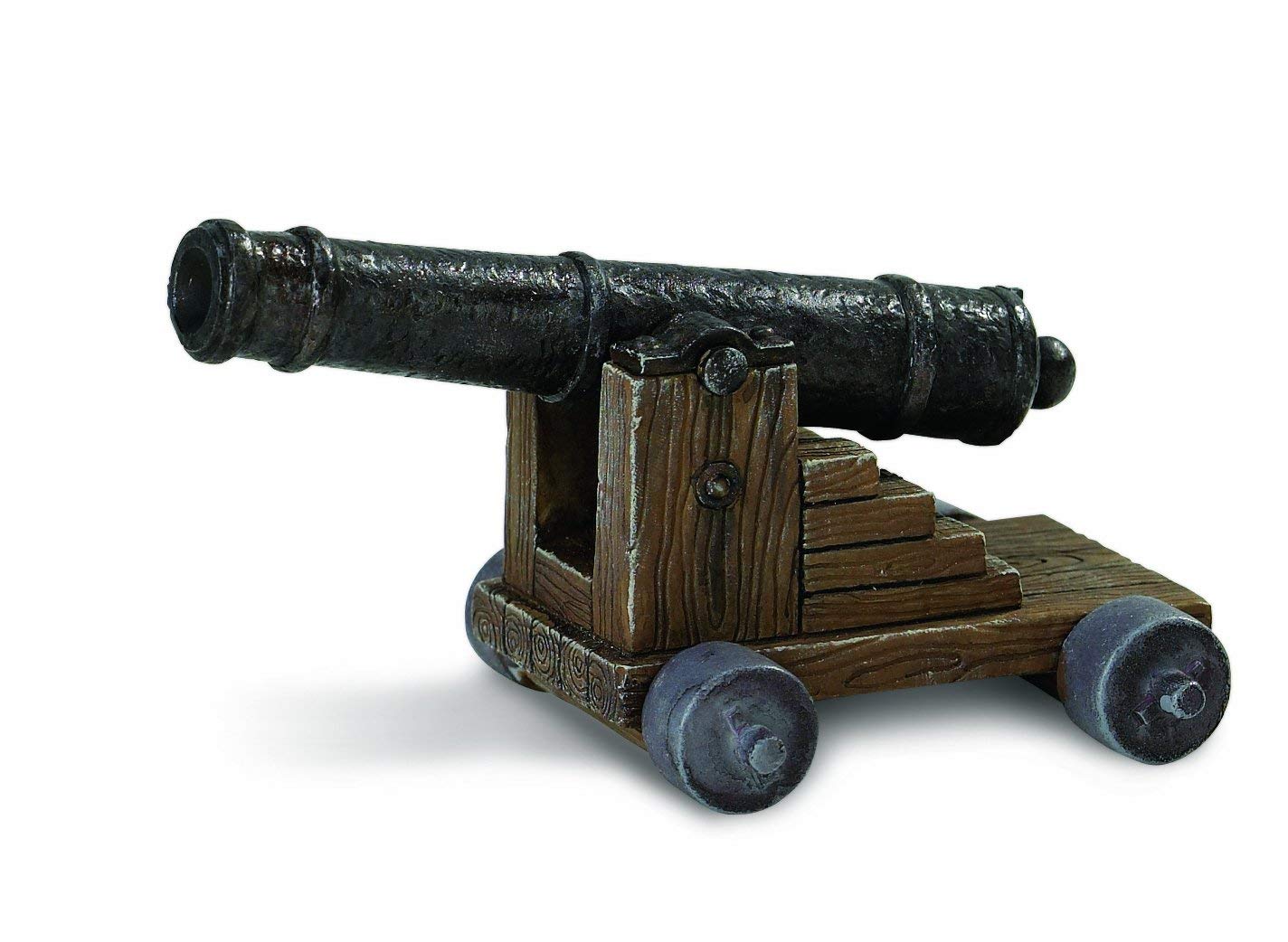
< /ˈgɜr ni/, Uncle Joe, 1836–1926, U.S. politician and legislator.
noun plural -nons or -non
- an automatic aircraft gun of large calibre
- history a heavy artillery piece consisting of a metal tube mounted on a carriage
- a heavy tube or drum, esp one that can rotate freely on the shaft by which it is supported
- the metal loop at the top of a bell, from which it is suspended
- See cannon bone
- billiards
- a shot in which the cue ball is caused to contact one object ball after another
- the points scored by thisUsual US and Canadian word: carom
- a rebound or bouncing back, as of a ball off a wall
- either of the two parts of a vambrace
verb
- (intr often foll by into) to collide (with)
- short for cannonade
- (intr) billiards to make a cannon
c.1400, “tube for projectiles,” from Anglo-French canon, Old French canon (14c.), from Italian cannone “large tube, barrel,” augmentative of Latin canna “reed, tube” (see cane (n.)). Meaning “large ordnance piece,” the main modern sense, is from 1520s. Spelling not differentiated from canon till c.1800. Cannon fodder (1891) translates German kanonenfutter (cf. Shakespeare’s food for powder in “I Hen. IV”).
- American astronomer noted for her work on classifying stellar spectra. Cannon classified the spectra of 225,300 stars brighter than magnitude 8.5, as well as 130,000 fainter stars.
 Liberal Dictionary English Dictionary
Liberal Dictionary English Dictionary
